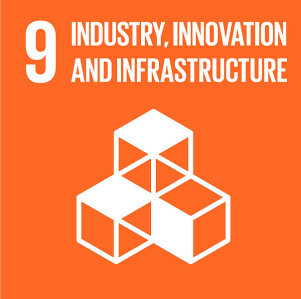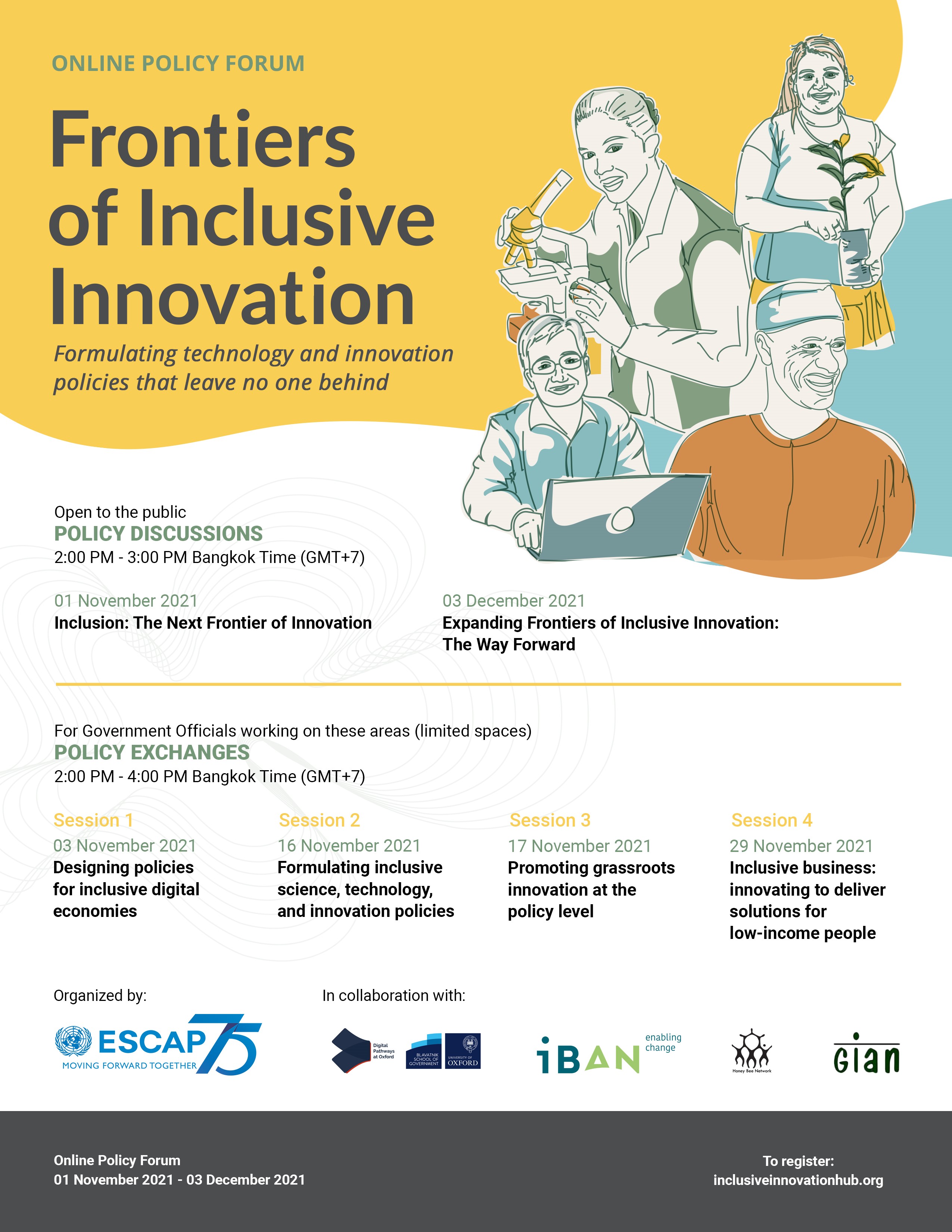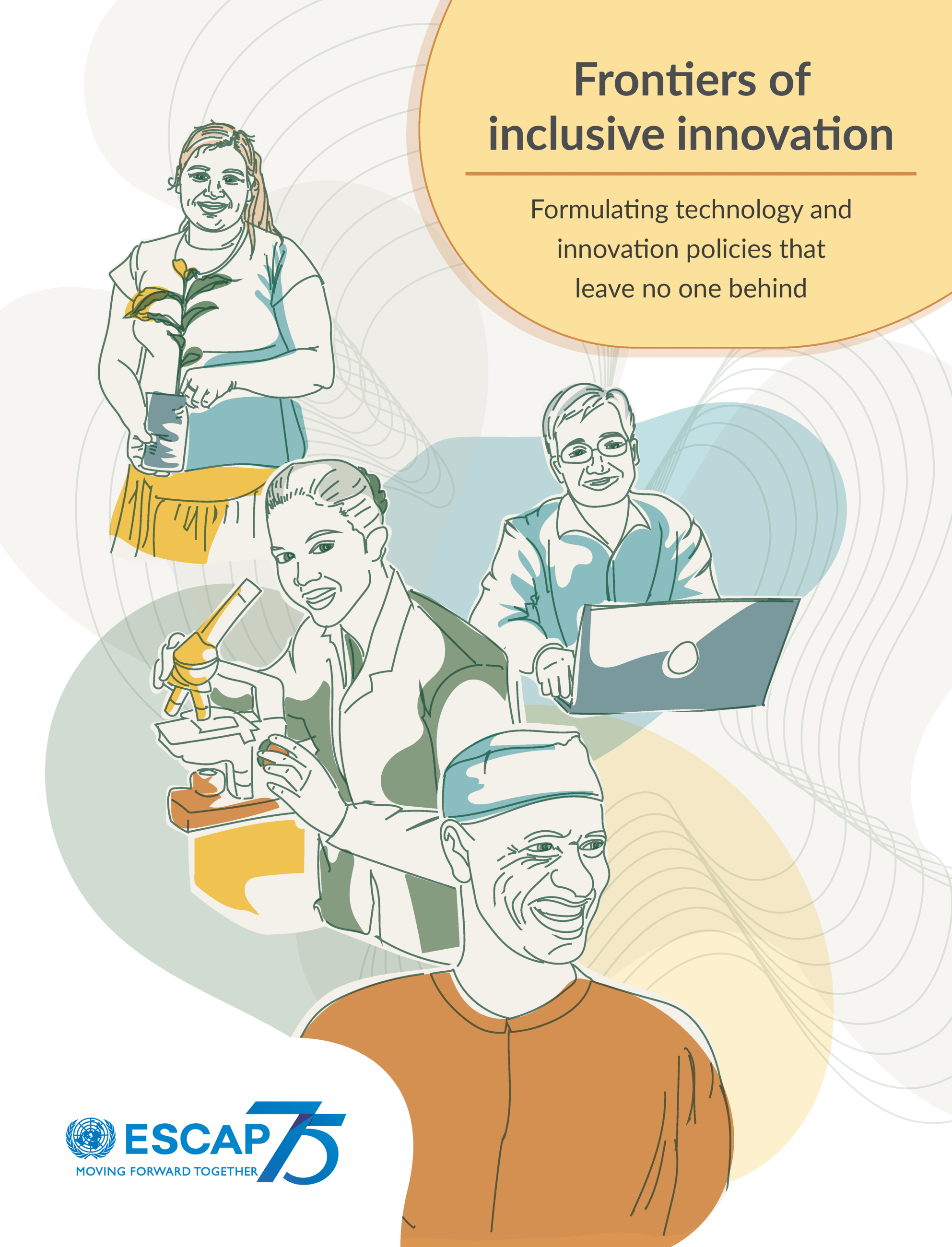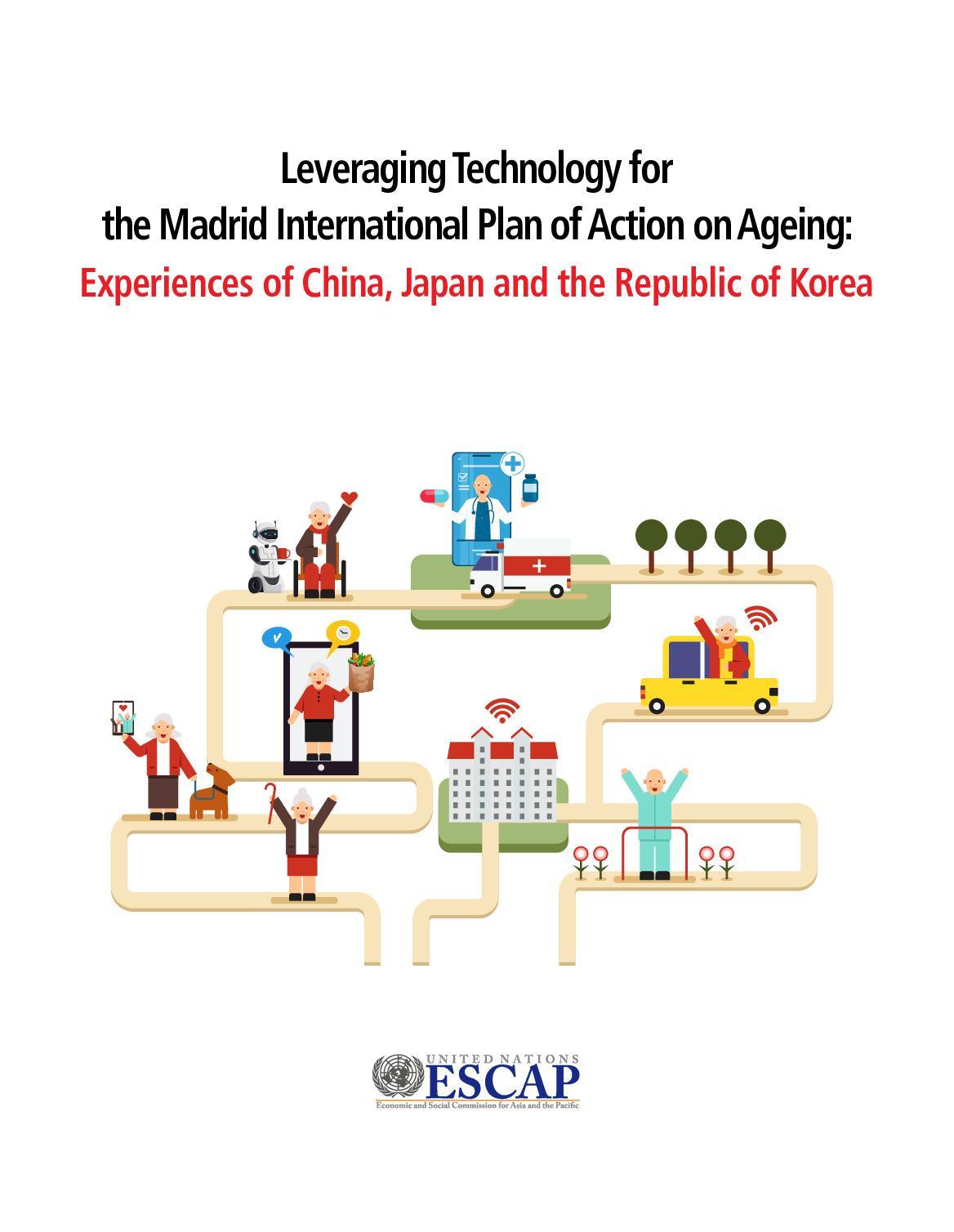Science, Technology & Innovation and the Sustainable Development Goals
 The Sustainable Development Goals are a complex and ambitious framework for transformative change. The 2030 Agenda for Sustainable Development with the Sustainable Development Goals (SDGs) at its core was adopted by member States of the United Nations in September 2015. Science, technology and innovation are key in achieving the SDGs. In order to eradicate poverty and reorient current unsustainable development trajectories, affordable technological solutions have to be developed and disseminated widely in the upcoming years.
The Sustainable Development Goals are a complex and ambitious framework for transformative change. The 2030 Agenda for Sustainable Development with the Sustainable Development Goals (SDGs) at its core was adopted by member States of the United Nations in September 2015. Science, technology and innovation are key in achieving the SDGs. In order to eradicate poverty and reorient current unsustainable development trajectories, affordable technological solutions have to be developed and disseminated widely in the upcoming years.
STI is a sustainable development goal on its own (SDG9 aims to build resilient infrastructure, promote inclusive and sustainable industrialisation and foster innovation). Target 9.5 is to enhance scientific research, upgrade the technological capabilities of industrial sectors in all countries, in particular developing countries, including, by 2030, encouraging innovation and substantially increasing the number of research and development workers per 1 million people and public and private research and development spending. Target 9.B is to support domestic technology development, research and innovation in developing countries, including by ensuring a conducive policy environment for, inter alia, industrial diversification and value addition to commodities.
STI is also a means to achieve most of the SDGs. For instance, the research, development, deployment, and widespread diffusion of environmentally sound technologies can support more sustainable development trajectories. The spread of available agricultural technologies will help achieve food security and improved nutrition. Information and communication technologies can expand access to healthcare and education services. Investments in research will bring solutions to health challenges and environmental concerns.



